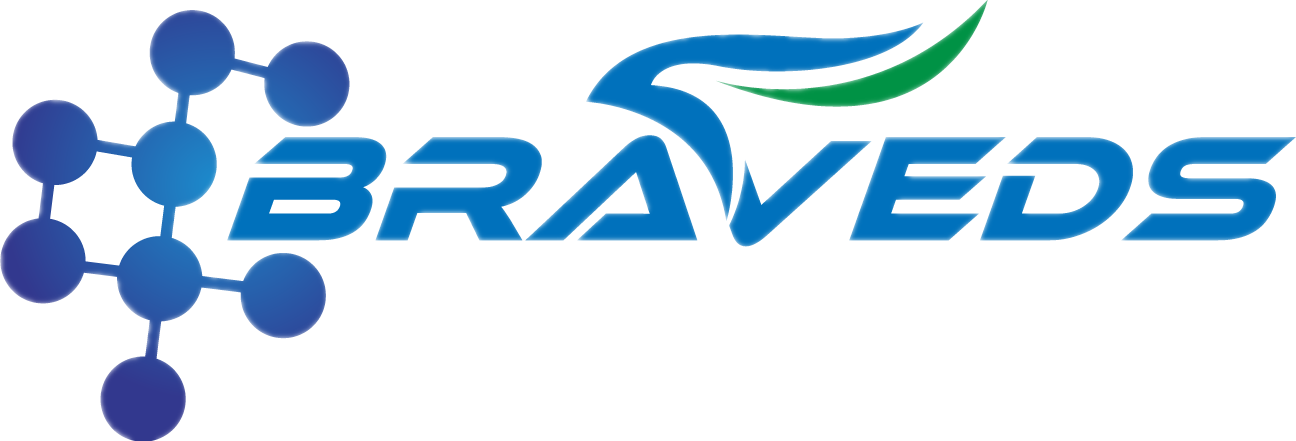L-Lysine monohydrochloride
Braveds
Description
| Product Name | L-Lysine monohydrochloride |
| Types | S homologous reagent |
| Form | powder |
| CAS NO | 657-27-2 |
| Producer | China |
| Application | cell culture |
| Purity | meets USP testing specifications,>=98.5% |
| Storage | RT |
| Synonyms |
Overview
| Biological source | non-animal source |
| Method | USP |
| Content | ≥98.5% |
| Status | crystalline powder |
| Application | cell culture | mammalian: suitable |
| Impurity | endotoxin, heavy metals, trace metals, residual solvents, tested |
| Melting point | 263 °C (dec.) (lit.) |
| Dissolubility | H2O: 100 mg/mL |
| Applicability | suitable for manufacturing use |
| uitable for manufacturing use | Pharmaceutical (small molecule) |
| Exogenous active site | cytotoxicity, tested |
Application.
L-lysine is an essential amino acid. It is synthesized by natural aspartic acid in plants and bacteria. Monohydrochloride version is the most commonly used form of lysine, has better solubility, and is a more effective way to provide L-lysine for human or cell culture. Used as a cell culture component in the commercial biological manufacture of therapeutic recombinant proteins and monoclonal antibodies.
Biochemical / physiological behavior.
L-lysine is an essential amino acid for animals and human beings. L-lysine is necessary for protein synthesis and proper growth in vivo. L-lysine lowers cholesterol levels by producing carnitine. L-lysine contributes to the absorption of calcium, zinc and iron. Athletes take L-lysine as a supplement for meat construction and appropriate muscle and bone health. L-lysine competes with arginine during viral replication and reduces herpes simplex virus infection. L-lysine supplements can reduce the body's chronic anxiety. Lysine reduces the viscosity of serum albumin solution for injection
Add to cart
| SKU | UNIT | PRICE (USD) | QTY |
|---|---|---|---|
| SG71709-100G | 100G | 21.3 | |
| SG71709-500G | 500G | 57.6 |




